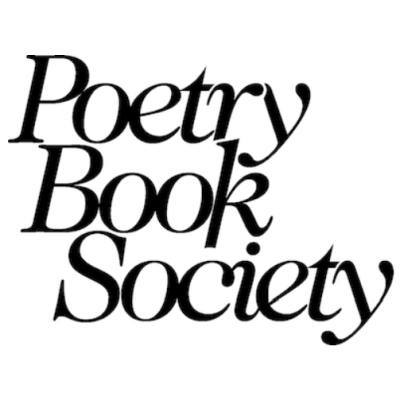Lemon Studies in Nine Segments
I.
The end of a lemon is a set of pursed lips.
If you put two together – they look ridiculous –
as if posing for a photo shoot.
One may be placed adjacent – to kiss
the side of the other’s face while it looks ahead.
Or – they could be mouth to mouth –
spineless yellow porcupines – a kind
of children’s toy – the latest craze for Christmas.
It’s hard to take them seriously like this.
II.
If you turn the lemon vertical – the end
becomes the summit of a mountain
or an iceberg tip – all the dangerous stuff
hidden underneath in its yellow underbelly.
Icy sort of works. It’s straight out of the fridge.
III.
What I imagined – before I had one in my hand –
was the weight of it – something that stayed put –
that didn’t roll away – with clear ends – defined.
IV.
At first I saw an old woman – pock-marked –
but it turns out she’s still young.
Her pores are large – her flesh hard – virile.
She speaks of other places and a life
I do not know – a faint fragrance hanging lightly
over her if you breathe it in nice and slow.
Her skin is zest – enthusiasm. She is the sun.
V.
Always the sign for something else – lemon
can mean virtually anything these days – sex –
of all sorts – drugs – an old car – a fool. A sign
filled to overflowing or emptied entirely of itself.
VI.
This is my lemman – my Valentine –
all that time ago when I was wondering
if anyone would know it came from me –
when I had no one in particular in mind
to send it to – this idea – some small thing
with me inside – like a poem – or nothing
at all – if no one took or takes it up.
VII.
A lemon knows how to occupy its space –
although completely unaware of this.
That’s what my lover said about me once.
VIII.
A lemon has history and health benefits
after all. The sailor’s friend – crossing oceans
to save teeth and bones – from Assam to Calcutta –
perfuming market stalls and tables – flavouring
banquets and the simplest of meals.
IX.
Limón – limone – zitronengelb – citron –
defined the world over by the colour
of its skin – its unique essence encoded.
To find all that it holds – its difference –
you must cut it open – consume it.
Skin is a promise.
The end with the scar of the stalk
is a broken
place.

Emma Hellyer has worked for the Council of Europe in France as a writer, press officer and communications adviser since 1997. She has previously worked as a journalist and a teacher. Her poetry has been twice shortlisted for the Bridport Prize, but has been previously unpublished. She has been awarded our special Unpublished Poet prize.
Carol Ann Duffy Says:
‘Lemon studies...’ is quite an ambitious poem, with echoes of Wallace Stevens’ ‘Thirteen ways of looking at a blackbird’. I love that first line, about the lemon’s ‘pursed lips’. This is a good example of the kind of original poem that stayed with me – and sustained my interest as I read on wanting to know where she would take the idea next.
